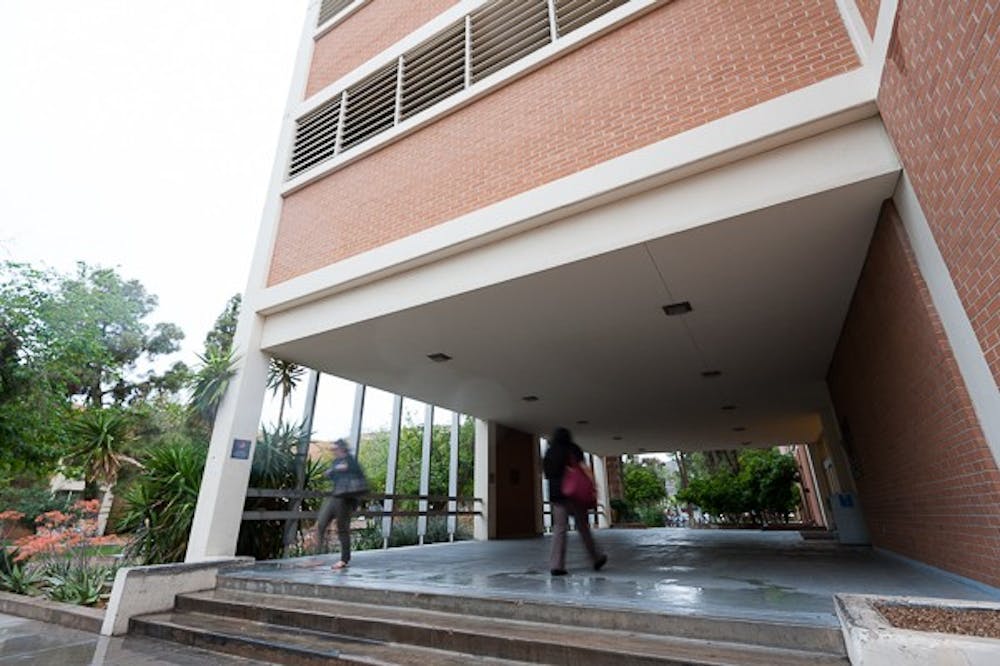Journalism freshman Lerman Montoya grew up speaking Mexican Spanish at home, but said he struggled to learn English during his American education.
“I kind of question my eloquence sometimes when I speak, but it was definitely hard to grasp certain concepts of grammar versus Spanish grammar,” Montoya said.
The percentage of people who speak a language other than English in their homes has been steadily rising in Arizona and the percentage of school children who do is now up to 28.3 percent, according to a recent report from the Center for Immigration Studies.
Steven Camarota, the director of research at the Center for Immigration Studies, said he believes the rising tide of bilingual kids can be detrimental to the overall school system.
“There’s tremendous language diversity in many school systems and if the kid’s first language is not English, the school system has to create programs and efforts to help these kids. That can be very challenging and costly,” Camarota said.
Unfortunately, a lot of times, the costs fall on school districts that were already struggling to educate American kids from low-income or at-risk backgrounds, so that’s a concern, Camarota added.
Camarota said their report comes from the 2014 American Community Survey, which is collected by the Census Bureau.
Medical studies freshman Christy Thomas, whose parents emigrated in their late teens and 20s from India, grew up speaking Malayalam, but began to learn English at a young age.
“When I went to preschool, I started speaking English, and then my parents started only speaking English at home," Thomas said. "Then, I kind of started to forget all my Malayalam. Eventually, I almost completely forgot it, so I still remembered the basics.”
ASU is no stranger to students who are proficient in another language.
“A Heritage speaker is a student who learned to speak the language at home, or maybe in a community; they may have lived abroad,” said Barbara Fleming, manager of undergraduate academic advising in the school of international letters and cultures and language proficiency coordinator.
For many BA degrees, there is a language requirement for graduation Fleming said, but there are also ways to test out if a student can already speak a second language.
“They can take a proficiency exam and we proctor them and they are provided by our faculty. If students pass those exams … at the 202 level or the fourth semester level then they can get their proficiency waved” Fleming said. “They don’t actually earn credit for it, but they can have the proficiency satisfied for their degree requirement.
Related Links:
Spanish minor, certificate to offer online courses
Reach the reporter at avcabral@asu.edu or follow @angeligagaa on Twitter.
Like The State Press on Facebook and follow @statepress on Twitter.




